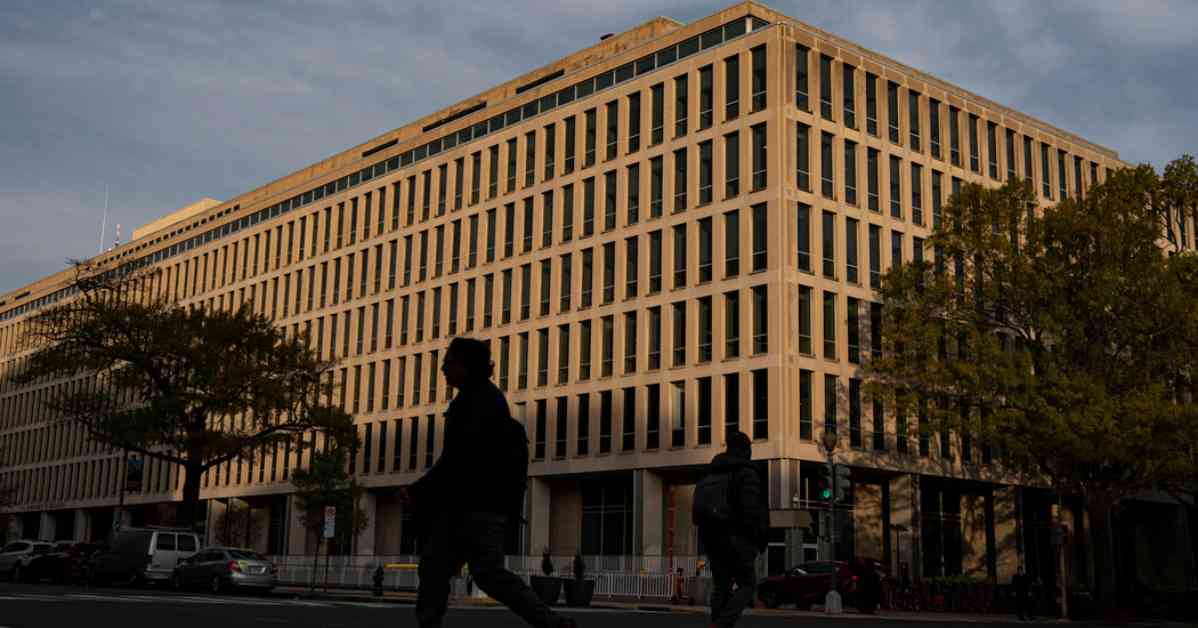Elon Musk’s DOGE Team Blocked from Accessing Student Loan Data by Federal Judge
A federal judge in Maryland recently made a significant decision, issuing a temporary restraining order that blocked the Education Department and the Office of Personnel Management from sharing sensitive data with members of Elon Musk’s Department of Government Efficiency team and their associates. This ruling came in response to a lawsuit filed by the American Federation of Teachers, a union representing over 1.8 million educators, who sought to prevent Mr. Musk’s team from accessing the Education Department’s systems.
The order, granted by Judge Deborah L. Boardman in the Federal District Court for the District of Maryland on February 24, 2025, prohibits Mr. Musk’s representatives from conducting what they referred to as an audit of the Education Department’s student loan systems for a period of two weeks while the legal proceedings continue. Judge Boardman highlighted that the government had not provided sufficient justification for allowing members of Mr. Musk’s team access to highly personal information in the course of their duties.
The lawsuit was prompted by concerns raised by the American Federation of Teachers regarding privacy violations and unauthorized access to sensitive data submitted by their members for student aid purposes. Randi Weingarten, the union’s president, emphasized the importance of safeguarding individuals’ financial and personal information when shared with the government for educational and financial assistance purposes.
In her ruling, Judge Boardman underscored the ongoing access of DOGE team affiliates to a range of personal data, including Social Security numbers, dates of birth, home addresses, income and assets, citizenship status, and disability status, without a clear endpoint in sight. She expressed skepticism about the necessity of such broad access to private information and raised concerns about potential misuse of the data.
The legal battle surrounding Mr. Musk’s team’s access to sensitive information has sparked debates about data privacy, government oversight, and the limits of private sector involvement in public institutions. While a previous ruling denied a restraining order against the team, Judge Boardman’s decision reflects a growing awareness of the risks associated with unauthorized data access and the need for stringent protections.
Experts anticipate that this case will set a precedent for future interactions between private entities and government agencies, emphasizing the importance of transparency, accountability, and data security in the digital age. As technology continues to evolve and data becomes increasingly valuable, ensuring the protection of individuals’ private information remains a critical priority for policymakers and advocates alike.
As the legal proceedings unfold, the implications of this case reach far beyond the confines of a courtroom, prompting a broader conversation about the intersection of technology, privacy, and governance in the modern era. The outcome of this lawsuit will undoubtedly shape the future landscape of data privacy and government-corporate partnerships, highlighting the need for robust safeguards and clear guidelines to protect individuals’ sensitive information from unauthorized access and misuse.
Zach Montague, a seasoned reporter covering the U.S. Department of Education, the White House, and federal courts for The New York Times, continues to monitor the developments in this case closely. Stay tuned for more updates on this unfolding story as it unfolds.

